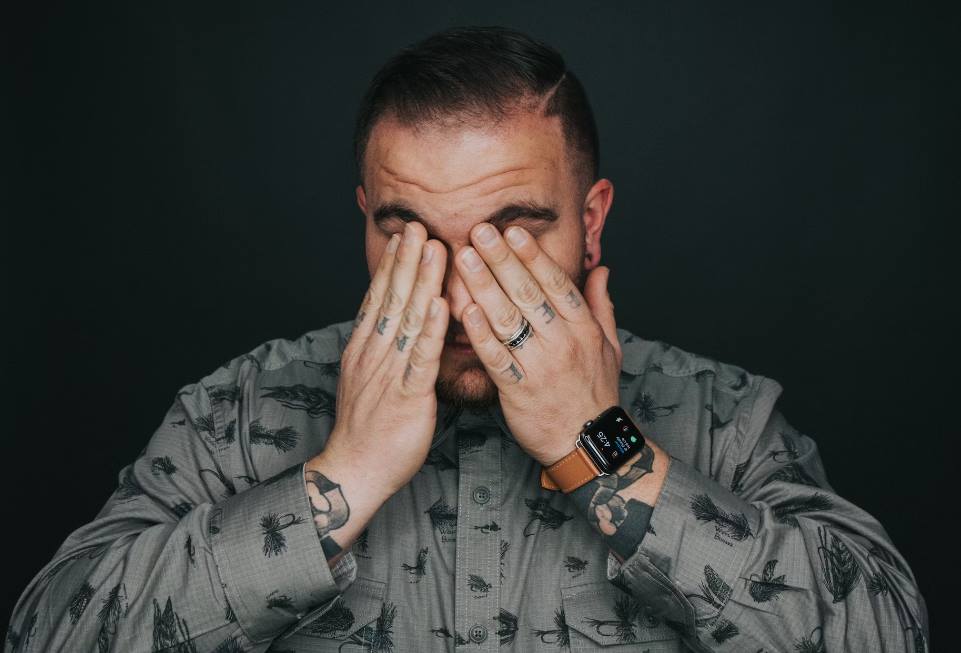Everyone has the right to be treated with respect and dignity, no matter their race, age, sexual orientation, or any other identity marker. Unfortunately, discrimination still exists around the globe in all shapes and forms. Whether it’s a coworker creating an uncomfortable environment for you based on your gender or someone making fun of your accent because of where you’re from – discrimination can take many different faces. Throughout this blog post, we will discuss some of the most common types of discrimination people face every day as well as provide strategies on how to cope with them.
Understanding The Different Types Of Discrimination
Discrimination is a pervasive issue that affects many people around the world. To truly address this issue, it is important to understand the different types of discrimination that exist. One common form of discrimination is based on race or ethnicity, where individuals are treated unfairly based on their skin color or cultural background. Another form of discrimination is based on gender, where individuals are treated differently based on their sex. Discrimination can also occur based on age, religion, sexual orientation, or disability. Common spaces where discrimination frequently manifests include the workplace, educational institutions, public spaces, and online platforms, with individuals facing unjust treatment due to their race, gender, age, or other personal identifiers. By understanding the various types of discrimination, we can work towards a more inclusive society that values diversity and respects the rights of all individuals.
Gender Discrimination
Gender discrimination has been a persistent issue that has plagued society for centuries. The unfortunate reality is that women are often subjected to unequal treatment in the workplace, educational institutions, and even in their personal lives. This harmful practice exists across the globe, in both developed and developing countries, highlighting the pervasive nature of the problem. Gender stereotypes and biases continue to shape how women are perceived and treated in society, which can have a negative impact on their opportunities, self-esteem, and overall well-being. We must continue to work towards eliminating gender discrimination and empowering women to reach their full potential. Only then can we create a truly equal and just society.
Racial Discrimination
Racial discrimination is a pervasive problem in society that affects millions of people. It takes many forms, from subtle acts of bias to overt acts of hatred that make victims feel isolated, marginalized, and under attack. The impact of such discrimination can be significant, leading to lost opportunities, restricted access to resources, and feelings of inferiority that can last a lifetime. Addressing this issue requires a concerted effort from everyone, including individuals, organizations, and governments. By working together and advocating for change, we can help create a more equitable and just society where everyone can thrive regardless of their race or ethnicity.
Age Discrimination
Age discrimination is a problem that still exists today and affects many individuals in the workforce. Unfortunately, older employees frequently experience discrimination and often find themselves unemployed due to ageism. This prejudice is not only unfair, but it also perpetuates the stereotype that younger workers are more efficient and productive. It is essential to understand that age does not determine someone’s worth or abilities; older workers possess invaluable expertise and knowledge that should not be disregarded. Employers should prioritize creating inclusive and diverse workplaces, ensuring that all employees, regardless of their age, feel valued and respected. It’s time to debunk the myth that age affects job performance and promote equal opportunities for everyone.
Religious Discrimination
Religious discrimination is a serious issue that affects individuals from various backgrounds and beliefs. It involves treating a person differently because of their religion or belief system, which can limit their opportunities and impact their everyday lives. This type of discrimination comes in many forms, from verbal and physical harassment to employment and housing discrimination. Sadly, religious discrimination can lead to social and economic exclusion that can have devastating effects on individuals and entire communities. As a society, we must work together to combat religious discrimination and ensure that everyone is treated fairly and equally, regardless of their beliefs.
Take legal action when necessary
Dealing with discrimination can be a daunting task, and sometimes, taking legal action becomes inevitable. If you’re facing discrimination, you should consider consulting with a lawyer who specializes in discrimination cases. Discrimination, whether based on gender, race, age, or religion, is a deep-seated problem that undermines social cohesion and hinders individuals from reaching their full potential, indicating an urgent need for comprehensive solutions to promote equality and respect for all. If you’re facing such hurdles in your career, seeking employment advice can be a significant step towards overcoming these challenges and achieving peace. A legal team can guide you through the complex legal process, help you understand your rights, and represent you in court, if necessary. In many jurisdictions, there are both state and federal laws in place to protect individuals from various forms of discrimination. Don’t forget, that standing up against discrimination is not just about seeking justice for yourself – it’s about contributing to the broader struggle to create a more equal and fair society.
How To Cope With Each Type Of Discrimination
Whether it is based on race, gender, age, or religion, it is important to know how to cope with each type of discrimination. One effective way to handle discrimination is to educate oneself on the subject. Understanding the history and prevalence of discrimination can help individuals feel less alone in their experiences. Additionally, finding support from others who have faced similar discrimination can be incredibly helpful. Seeking out communities and support groups can provide a safe space to share experiences and gain strength. Finally, it is important to remember that discrimination is not one’s fault. It is important to recognize that discrimination is a systemic issue and should not be internalized. Coping with discrimination can be challenging, but by educating oneself, finding support, and remembering that it is not one’s fault, individuals can take back their power and fight against discrimination.
Discrimination, regardless of its basis—be it race, gender, age, or religion—remains a pervasive issue in our society. It obstructs societal progress, promotes inequalities, and limits human potential. Understanding this, it is critical to remember the power of education, advocacy, and legal action in combating these issues. By creating spaces for open dialogue, fostering communities of support, and standing firm against discriminatory practices, we can work towards a society where everyone is treated with respect and dignity.




